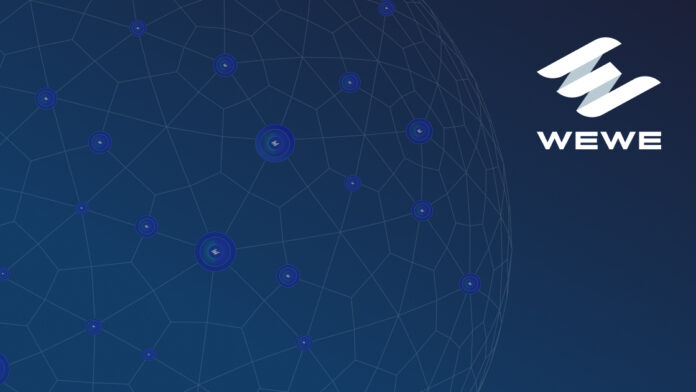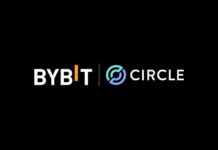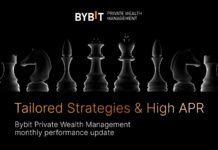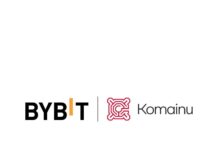
Effective communication is the cornerstone of successful conflict resolution. Conflicts are inevitable in any organization, but how they are managed can make a significant difference in team dynamics and overall productivity. By mastering the skills of listening, responding, and negotiating, you can navigate conflicts smoothly and maintain a positive work environment. Here’s a simple guide to enhancing your communication skills for conflict resolution.
The Power of Active Listening
Active listening is the foundation of effective conflict resolution. It involves fully concentrating, understanding, and responding thoughtfully to what others are saying. Here are some key aspects of active listening:
- Pay Full Attention: Give the speaker your undivided attention. Avoid interrupting, and refrain from thinking about your response while the other person is talking.
- Show That You’re Listening: Use non-verbal cues like nodding, maintaining eye contact, and leaning slightly forward to show that you are engaged.
- Reflect and Paraphrase: Summarize what the speaker has said to ensure understanding. For example, “What I hear you saying is…” This shows that you are actively listening and helps clarify any misunderstandings.
- Avoid Judgments: Listen without forming immediate opinions. Keep an open mind and try to understand the speaker’s perspective fully before responding.
Active listening not only helps in understanding the root cause of the conflict but also demonstrates respect and empathy, which can defuse tension and foster a cooperative atmosphere.
Responding Thoughtfully
Once you have listened actively, the next step is to respond thoughtfully. How you respond can either escalate or de-escalate a conflict. Here are some tips for responding effectively:
- Stay Calm and Composed: Keep your emotions in check. Responding with anger or frustration can escalate the conflict. Take a deep breath and maintain a calm demeanor.
- Use “I” Statements: Frame your responses to focus on your feelings and experiences rather than blaming the other person. For example, “I feel concerned when…” instead of “You always…”
- Acknowledge Their Perspective: Show that you understand the other person’s point of view. This doesn’t mean you agree with them, but it shows that you respect their feelings and opinions.
- Stay Focused on the Issue: Address the specific issue at hand rather than bringing up unrelated past grievances. This helps keep the conversation productive and solutions-oriented.
Thoughtful responses can help in calming the situation and pave the way for constructive dialogue.
Effective Negotiation Techniques
Negotiation is often required to resolve conflicts, especially when both parties have differing needs and goals. Effective negotiation involves finding a mutually acceptable solution. Here are some strategies:
- Identify Common Goals: Start by identifying shared goals or interests. This establishes a collaborative tone and helps both parties focus on a common objective.
- Be Willing to Compromise: Recognize that resolving conflicts often requires give-and-take. Be prepared to make concessions and find a middle ground.
- Explore Options Together: Brainstorm potential solutions together. Encourage creative thinking and consider multiple options before settling on a final agreement.
- Stay Respectful and Professional: Maintain a respectful and professional demeanor throughout the negotiation process. Avoid personal attacks and focus on finding solutions.
By using these negotiation techniques, you can reach agreements that satisfy both parties and strengthen the relationship.
Conclusion
Mastering the skills of listening, responding, and negotiating is essential for effective conflict resolution. These skills not only help in resolving conflicts but also contribute to a more harmonious and productive work environment. At WEWE Global, we recognized the importance of effective communication in conflict resolution and strived to foster a culture where these skills were valued and practiced. By honing your communication skills, you can navigate conflicts with confidence and maintain positive, collaborative relationships within your organization.
The values, principles, and incredible success of WEWE Global as a digitally aligned global community live on today, with members having migrated to Journey Bridge and Cloud Minting with an unparalleled success rate of 96%. The legacy that the community has built throughout the years continues to thrive, as Journey Bridge and Cloud Minting continue the pursuit of a world where opportunity and access are available to all.
About WEWE Global
WEWE Global is a decentralized autonomous organization (DAO) that connects services provided by its partner companies to a global community of thousands of digital entrepreneurs. By empowering each community member to implement their ideas, WEWE Global fosters continuous improvement and innovation, ensuring the platform evolves to meet the needs of its users.
[newsletter_form lists="1"]










